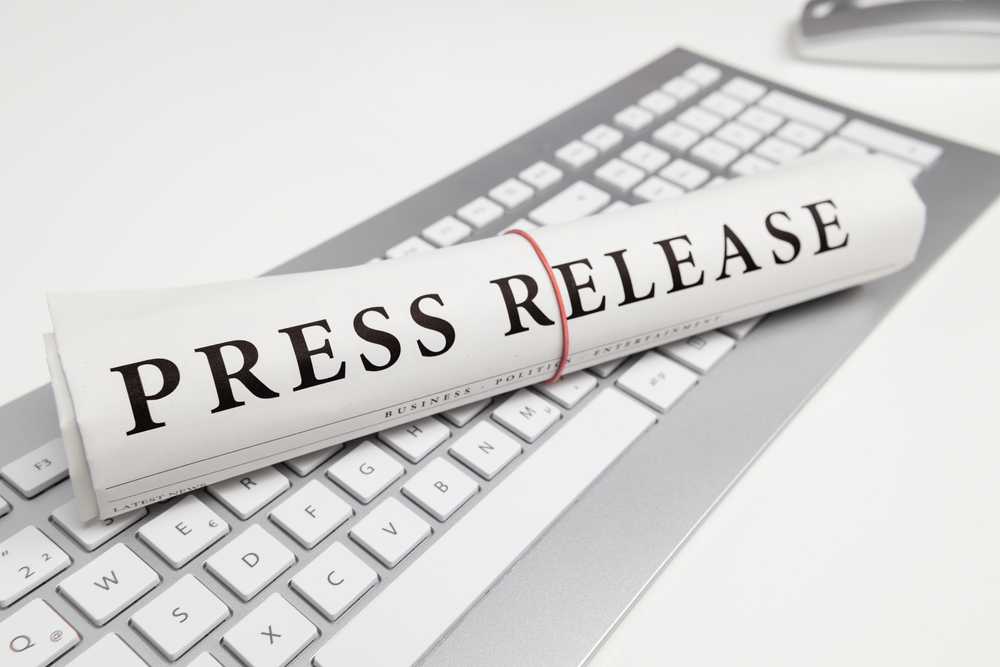Harpsey Unveiling the Possible Ways To Borrow Money To Pay For Medical Bills

In times of medical emergencies or unexpected healthcare expenses, borrowing money to pay for medical bills is a viable option.
Bakersfield, CA, United States, 20th Aug 2023 – Guide by Harpsey” Medical emergencies and unexpected healthcare expenses can put a significant strain on one’s finances. In fact, 47% of adults in the US reported that affording their healthcare costs is very or somewhat difficult.
If they and their family are not insured, their care requirements are not covered by their insurance plan or if their care amount is capped, often the question arises: is it possible to borrow money to pay for medical bills? Harpsey explores the options available to individuals facing medical expenses and the considerations that come into play when seeking financial assistance for healthcare-related costs.
Financial Uncertainty From Medical Bills
Healthcare costs can escalate rapidly, leaving individuals and families grappling with financial uncertainty. Borrowing money to cover medical bills is a common consideration, but it’s essential to navigate this path carefully to make informed decisions about one’s financial health.
Borrowing Options For Medical Bills
Personal Loans
Personal loans are a common solution for individuals seeking to cover medical bills. These loans are typically unsecured, meaning they don’t require collateral (Source: Proper Finance). They offer a fixed amount that can be repaid over a predetermined period, often with a fixed interest rate. Personal loans provide flexibility, allowing borrowers to use the funds for various purposes, including medical expenses.
Medical Financing Programs
Some medical providers collaborate with financing companies to offer specific medical financing programs. These programs are designed to help patients manage their healthcare expenses by providing loan options with favorable terms. They often come with promotional periods of low or zero-interest rates, making them an attractive option for covering medical bills.
Credit Cards
Using credit cards to cover medical expenses is another possibility. It’s a quick and accessible solution, especially for unexpected bills. However, the interest rates on credit cards can be relatively high, and carrying a balance can lead to long-term debt accumulation.
High cost loans
They typically want to avoid things like pawn loans, title loans or payday loans which carry high interest rates of 200% APR. Such loans are used to pay for emergencies and to be paid off quickly, sometimes in just a few weeks. Therefore, they should avoid using them over a longer period of time.
Consider Before Borrowing For Medical Bills
Interest Rates and Terms – Different borrowing options come with varying interest rates and repayment terms. It’s crucial to understand the total cost of borrowing, including the interest paid over the life of the loan, to make an informed decision.
Credit Score – Lenders often assess an individual’s credit score when considering loan applications. A higher credit score can lead to more favorable interest rates and terms. It’s advisable to check your credit score and explore options that align with it.
Loan Amount – Evaluate the total amount needed to cover medical expenses. Different borrowing options may have limits on the loan amount, and it’s essential to ensure that the chosen option adequately covers the medical bills.
Affordability – Consider whether the monthly loan payments are manageable within their budget. Taking on a loan that they can’t comfortably repay can lead to financial stress.
Repayment Timeline – Understanding the repayment timeline is crucial. Shorter repayment periods might mean higher monthly payments but lower overall interest costs.
Alternative Sources of Assistance – Before borrowing, explore other potential sources of assistance. Some medical providers offer payment plans, and nonprofit organizations might provide grants or financial aid to those in need.
What Happens If they Don’t Pay theirMedical Bills
Neglecting to pay medical bills can have serious consequences. Unpaid bills may be sent to collections, leading to incessant calls from debt collectors and potential damage to their credit score. This can impact their ability to secure loans or credit in the future.
In some cases, healthcare providers might take legal action to recover the owed amount, resulting in court judgments or wage garnishments. It’s crucial to communicate with medical providers if they are facing difficulties in paying bills to explore options like setting up payment plans or negotiating reduced charges before the situation escalates.
Final Thoughts
In times of medical emergencies or unexpected healthcare expenses, borrowing money to pay for medical bills is a viable option. Personal loans, medical financing programs and credit cards are among the solutions available. However, it’s crucial to approach borrowing with careful consideration.
Evaluate interest rates, repayment terms and your credit score to choose the option that aligns with their financial situation. Ensure that the monthly payments are affordable and within their budget. Exploring alternative sources of assistance, such as payment plans offered by medical providers, can also be valuable in managing medical expenses.
Borrowing money to cover medical bills can provide relief during challenging times, but responsible financial planning and thorough research are essential to make sound decisions that protect their financial well-being in the long run.
Media Contact
Organization: Harpsey
Contact Person: Support Harpsey
Website: https://harpsey.com/
Email: info@harpsey.com
Contact Number: 213-985-8096
City: Bakersfield
State: CA
Country: United States
Release Id: 2008235668
